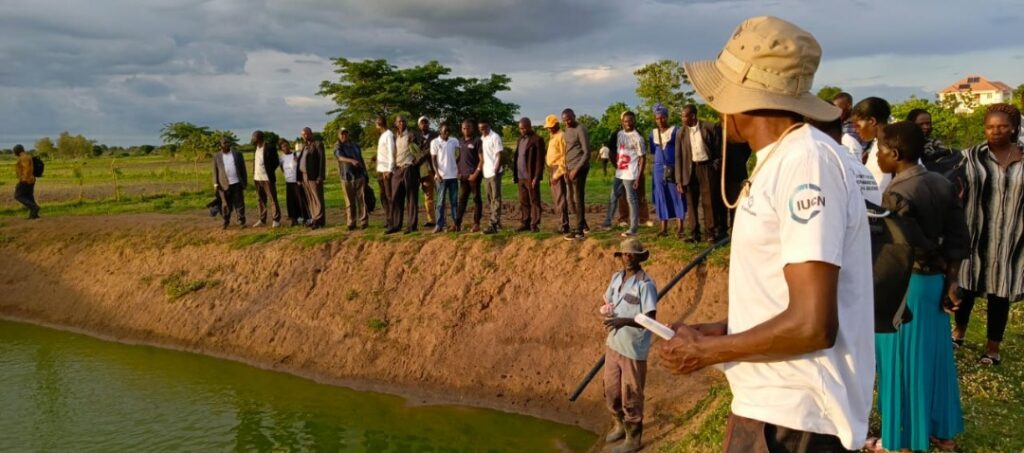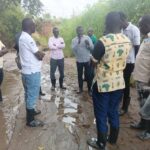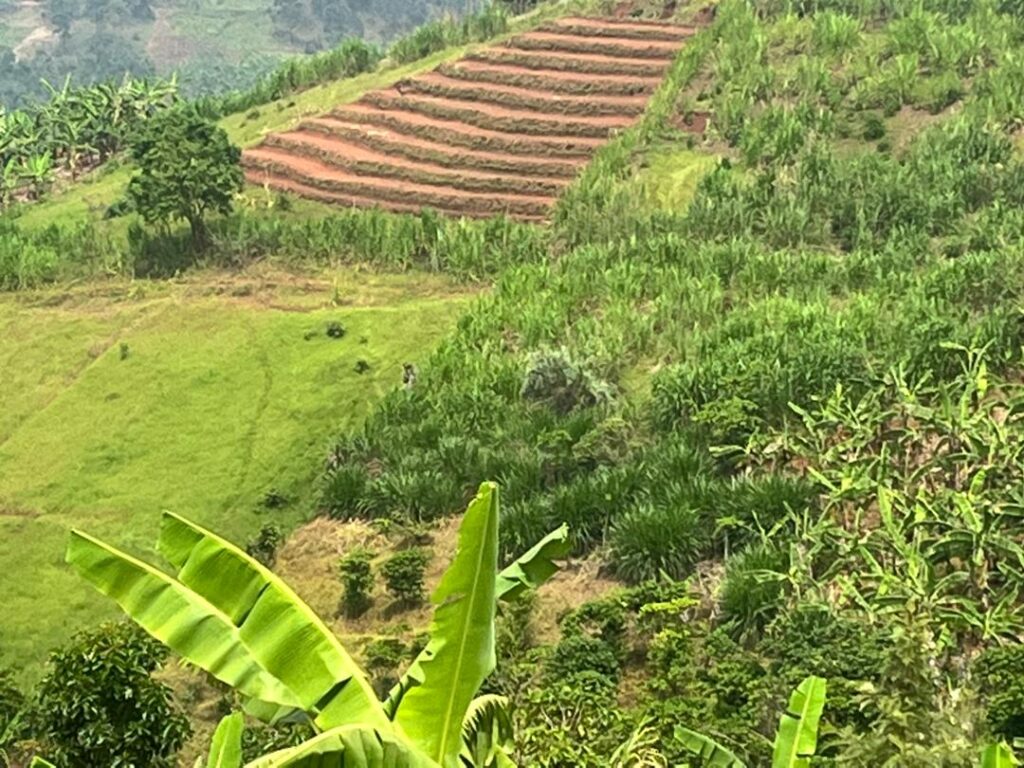Exchange Learning Inspires Sustainability in Lwakhakha Sub-Catchment

April 2025 | Kapchorwa & Katakwi, Uganda
A recent exchange learning visit organized by AidEnvironment has sparked fresh insights among communities in the Lwakhakha sub-catchment, as part of the ongoing efforts under the World Bank-funded Integrated Water Management and Development Project (IWMDP). Hosted within Uganda’s Mpologoma Catchment, the visit brought together local government officials, leaders, and project beneficiaries for an impactful learning journey.
This knowledge-sharing trip aimed to deepen participants’ understanding of catchment management practices and long-term project sustainability. It featured site visits in Kapchorwa and Katakwi districts, where AidEnvironment and the Ministry of Water and Environment respectively, have implemented a range of conservation and livelihood interventions.
Highlights from the Field
Kapchorwa: GFF Project Interventions
In Kapchorwa, participants visited sites under AidEnvironment’s Green Future Farming (GFF) Project. They explored practical demonstrations of rainwater harvesting, biogas digesters, gully rehabilitation using check-dams, and other soil and water conservation techniques. These activities showcased how simple, community-led solutions can rejuvenate degraded landscapes and improve water access.
Katakwi: EURECCA Project Innovations
The learning continued in Katakwi District, where the EURECCA Project—led by the Ministry of Water and Environment under the Kyoga Water Management Zone—has been transforming livelihoods. Participants, many from the Elgon region, found the experience both enriching and eye-opening, with some enjoying their first-ever ferry ride across the local waters.
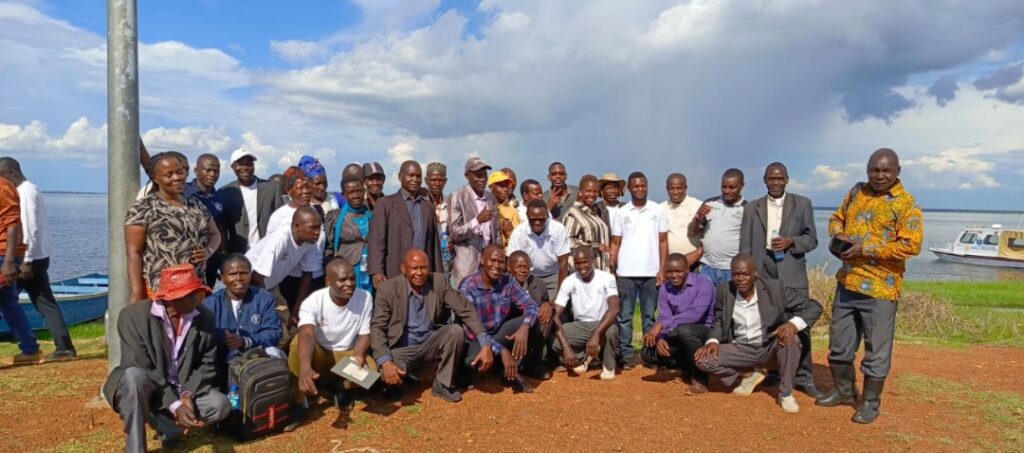
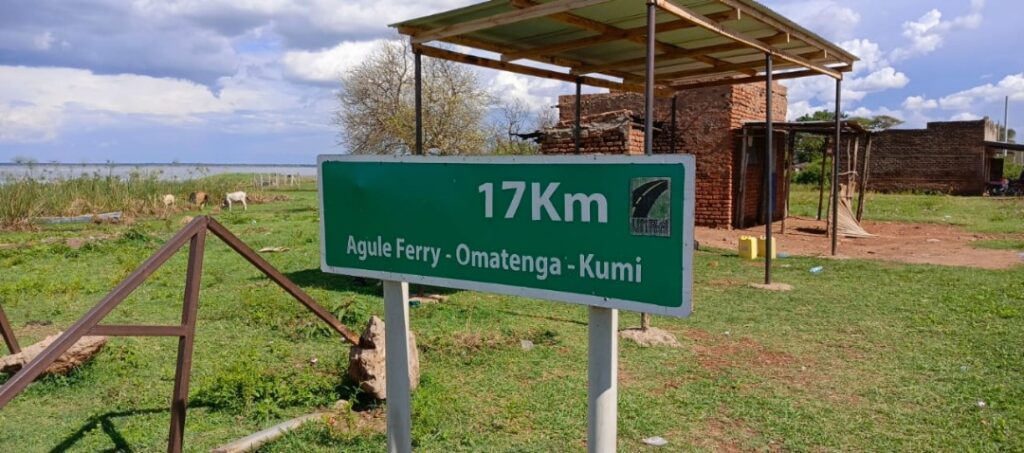
They engaged with local beneficiaries and gained valuable knowledge on:
- Sustaining Village Savings and Loan Associations (VSLAs) through income-generating activities like fish farming and sheep rearing.
- Best practices for maintaining productive fish farms.
- The critical role wetlands play in the environment and the importance of their restoration.
Shaping a Sustainable Future
This exchange wasn’t just a learning exercise—it was a catalyst for action. Many participants expressed a strong commitment to applying the lessons in their own communities, savings groups, and households. From embracing eco-friendly technologies to restoring natural ecosystems, the visit sparked a deeper appreciation for integrated water resource management.
At AidEnvironment, we believe learning never stops. Providing project stakeholders with real-world exposure empowers them to become stewards of sustainability, ensuring that project benefits last well beyond their implementation phase.

